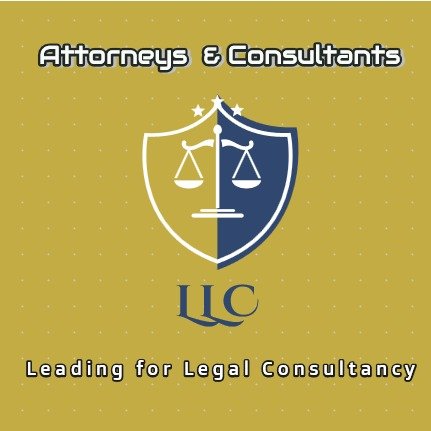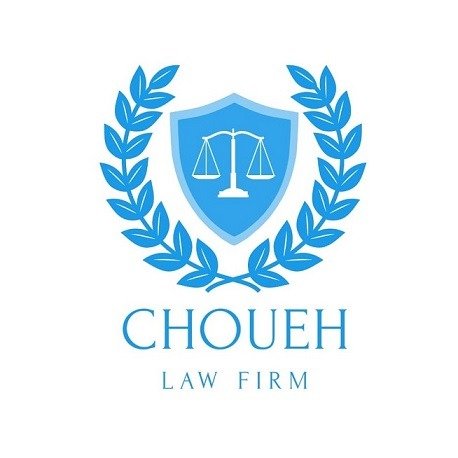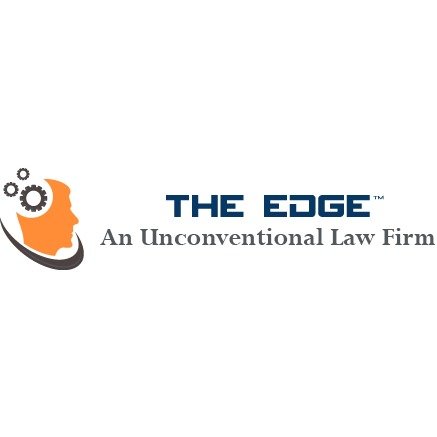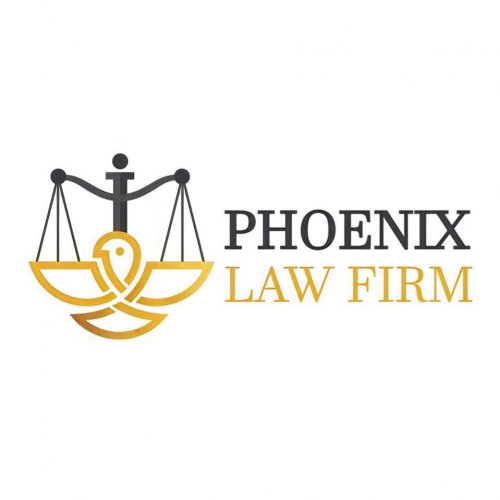Best Private Equity Lawyers in Beirut
Share your needs with us, get contacted by law firms.
Free. Takes 2 min.
List of the best lawyers in Beirut, Lebanon
About Private Equity Law in Beirut, Lebanon
Private equity refers to investment in private companies that are not listed on a public exchange. In Beirut, Lebanon, private equity is an increasingly important part of the financial sector, supporting business growth, entrepreneurship, and job creation. Private equity firms or investors may acquire shares in established businesses or support emerging companies through venture capital. The legal framework for private equity activities in Lebanon is influenced by national corporate, commercial, and tax laws, as well as regulatory guidelines from relevant government bodies.
Why You May Need a Lawyer
Seeking legal advice in private equity matters can be crucial due to the complex and high-value nature of these transactions. Below are some situations where you may require a lawyer:
- Drafting or reviewing investment agreements and shareholder contracts
- Navigating company incorporation or restructuring for an investment
- Conducting legal due diligence before acquiring or investing in a business
- Complying with Lebanese regulatory requirements for foreign or local investments
- Negotiating the terms of exits, buyouts, or partial sales
- Resolving disputes between investors, founders, or management teams
- Advising on tax implications and structuring transactions efficiently
A specialized private equity lawyer can help protect your interests, ensure compliance, and facilitate smoother transactions.
Local Laws Overview
Several legal aspects are particularly relevant to private equity in Beirut, Lebanon:
- Company Law: The Lebanese Code of Commerce governs company formation, structure, and management. Most private equity investments occur in société anonyme libanaise (SAL) or société à responsabilité limitée (SARL) structures.
- Foreign Investment Regulations: Although Lebanon encourages foreign investment, there are specific limitations on ownership in certain sectors such as real estate and banking. Approvals may be required for foreign investors.
- Contract Law: Contractual freedom is generally recognized, allowing parties to structure deals as they see fit, provided these do not conflict with public order or mandatory laws.
- Taxation: Income from private equity activities may be subject to corporate income tax, capital gains tax, and withholding tax, with certain exemptions or incentives available for specific sectors or activities.
- Regulatory Oversight: The Capital Markets Authority (CMA) monitors certain transactions, and anti-money laundering (AML) laws apply to all financial and investment activities.
A proper understanding of these local laws ensures lawful and efficient transactions in the Lebanese private equity arena.
Frequently Asked Questions
What is private equity and how does it work in Lebanon?
Private equity involves investing in private businesses through direct ownership or by buying equity stakes. In Lebanon, this usually means acquiring shares in companies, sometimes providing operational support, and eventually exiting through a sale or public offering.
Are there restrictions on foreign ownership in Lebanese companies?
Yes, foreign investors may face restrictions in certain sectors like banking, insurance, and real estate. Otherwise, foreign ownership in most businesses is allowed, but legal and regulatory obligations must be met.
What company types are most common for private equity investments?
The most common types are SAL (joint stock company) and SARL (limited liability company), as these structures offer flexibility and limited liability to shareholders.
What is due diligence and why is it important?
Due diligence is a comprehensive review of a target company’s legal, financial, and operational status. It helps investors identify risks, verify information, and make informed decisions.
How are private equity deals usually structured?
Deals can be structured as equity purchases, convertible notes, or through partnership agreements. The exact structure depends on the investment’s size, nature, and the parties’ preferences.
Are there specific regulatory approvals needed for private equity activities?
Approvals may be required from the Ministry of Economy and Trade, Capital Markets Authority, or sector-specific regulators, especially for foreign investments or regulated sectors.
How are private equity investments taxed in Lebanon?
Profits from private equity can be subject to corporate income tax, capital gains tax, and sometimes stamp duties or VAT on transaction services. Specific tax impacts depend on deal structure and business sector.
Can private equity investors appoint directors or management?
Yes, it is common for investors to negotiate board representation or certain management rights as part of the investment agreement to protect their interests.
What legal protections exist for minority investors?
Lebanese law provides some protections to minority shareholders, and additional protections can be built into shareholder agreements, including veto rights, tag along and drag along provisions.
How do investors exit private equity deals in Lebanon?
Exits can occur through a trade sale, secondary sale to another investor, or initial public offering (IPO). The method depends on company performance and market conditions.
Additional Resources
If you need further information or support, consider the following resources and organizations in Lebanon:
- The Capital Markets Authority (CMA) of Lebanon
- The Ministry of Economy and Trade
- The Lebanese Transparency Association
- The Beirut Bar Association
- Lebanese Venture Capital and Private Equity Association (LVCPEA)
- Chambers of Commerce, Industry, and Agriculture in Beirut and Mount Lebanon
Next Steps
If you are considering or engaging in private equity activities in Beirut, Lebanon:
- Gather all relevant documentation and information about your investment interests or business
- Identify your goals and desired outcomes from the investment
- Consult a specialized lawyer with experience in Lebanese private equity transactions
- Request a review of your contemplated deal structure, contracts, and regulatory obligations
- Follow legal advice to ensure compliance and reduce potential risks
Taking the time to consult an expert legal advisor will help protect your interests and ensure a successful private equity transaction in Lebanon.
Lawzana helps you find the best lawyers and law firms in Beirut through a curated and pre-screened list of qualified legal professionals. Our platform offers rankings and detailed profiles of attorneys and law firms, allowing you to compare based on practice areas, including Private Equity, experience, and client feedback.
Each profile includes a description of the firm's areas of practice, client reviews, team members and partners, year of establishment, spoken languages, office locations, contact information, social media presence, and any published articles or resources. Most firms on our platform speak English and are experienced in both local and international legal matters.
Get a quote from top-rated law firms in Beirut, Lebanon — quickly, securely, and without unnecessary hassle.
Disclaimer:
The information provided on this page is for general informational purposes only and does not constitute legal advice. While we strive to ensure the accuracy and relevance of the content, legal information may change over time, and interpretations of the law can vary. You should always consult with a qualified legal professional for advice specific to your situation.
We disclaim all liability for actions taken or not taken based on the content of this page. If you believe any information is incorrect or outdated, please contact us, and we will review and update it where appropriate.













